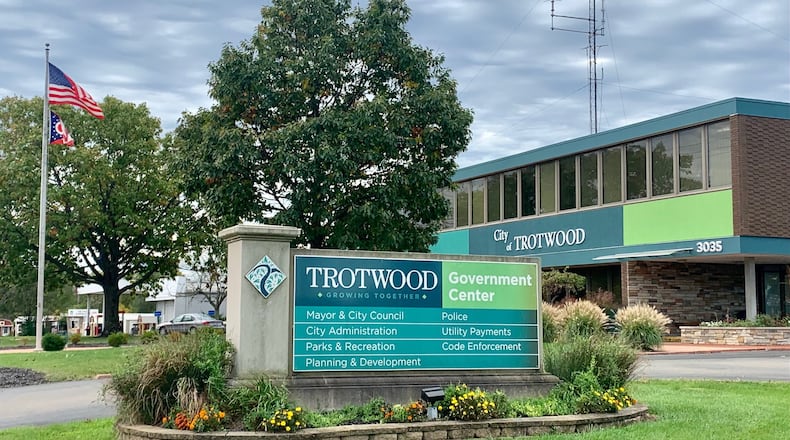City Manager Quincy Pope said a portion of the ARPA funds will go toward relief for small businesses affected by the COVID-19 pandemic. Other uses will include mitigating revenue lost as a result of the pandemic, and the implementation of broadband throughout the city.
“During the pandemic, we knew there was a newfound urgency for broadband because connectivity had become an issue for people in order to follow public health guidelines, with school closures and remote work requirements,” Pope said. “We’re aiming to address this issue and reach our underserved residents.”
The budget for personnel costs will increase 3.4% over 2021 by a total of $193,295, Pope said. This overall increase is primarily due to the addition of in-house code enforcement and a custodian, along with outsourcing the director of planning and zoning.
A 2.5% cost of living adjustment will affect the general fund by $51,777 for union employees and $39,603 for non-union employees, for a total of $91,381.
The budget incorporates the recently negotiated and completed three-year collective bargaining agreements with the Ohio Patrolman’s Benevolent Association and Patrol Sergeants, which goes into effect Jan. 1.
The two unions will receive a total of 6% cost of living allowance over the life of the contract.
More than $4.95 million is budgeted for the city’s capital outlay for several projects and purchases, nearly half of which is paid for by grants, Pope said. One such project is the Whispering Crossover sanitary sewer upgrade, which is estimated will cost about $700,000. Pope said 75% of the cost will be covered by grants, with the remaining 25% to be covered by the city.
The capital outlay funds will also cover the purchase of a new medic vehicle for the fire department, at a cost of around $160,000, as well as the MacMillan Drive waterline upgrade. The waterline project will cost around $600,000, some of which will be funded by grants.
According to city officials, this is the seventh year in a row Trotwood has approved a balanced budget in which revenues are equal to expenditures, despite any lingering effects from the pandemic.
“We remain committed to building our cash reserves and expanding our commercial and residential tax base,” Mayor Mary McDonald said. “We definitely anticipated some shortfalls in income and property tax revenues due to COVID-19, but we were deliberate in implementing proactive budget strategies earlier in the year.”
McDonald said these “proactive budget strategies” included maintaining minimum operational staffing levels, eliminating all nonessential spending and monitoring budget centers.
“These strategies have helped us mitigate unforeseen challenges,” McDonald said.
About the Author

